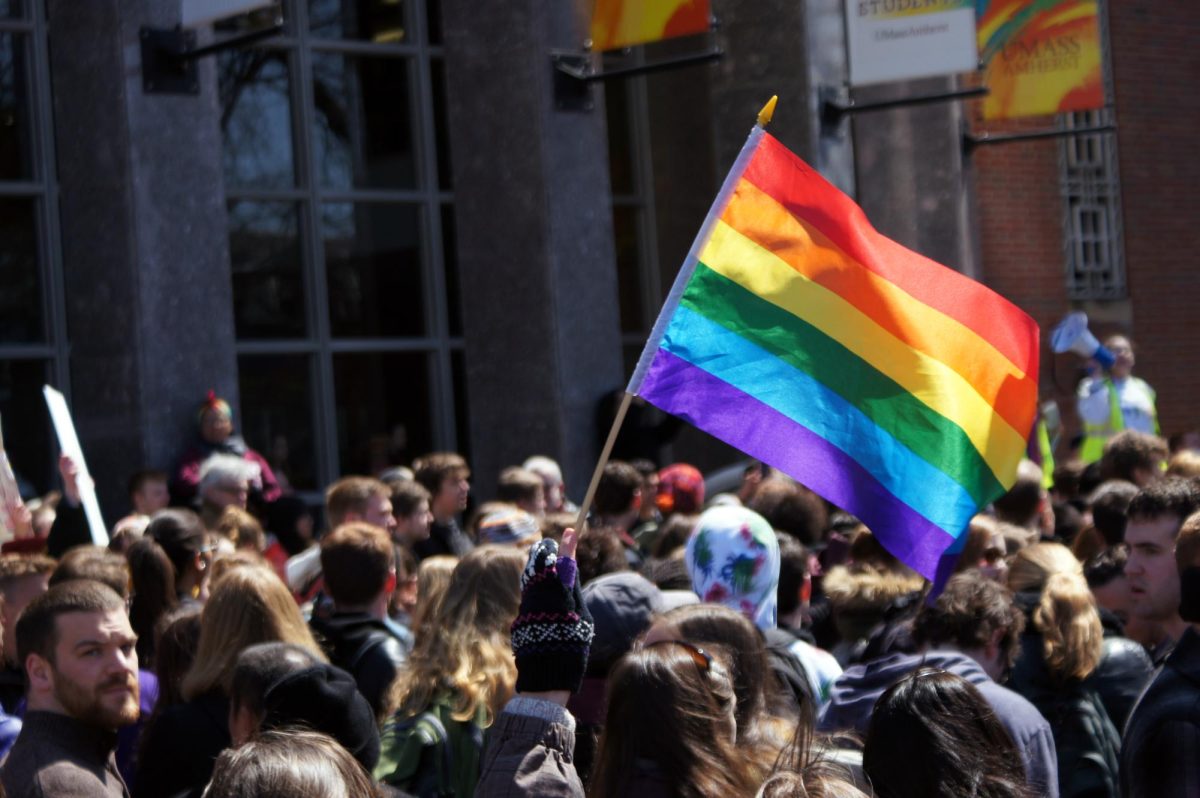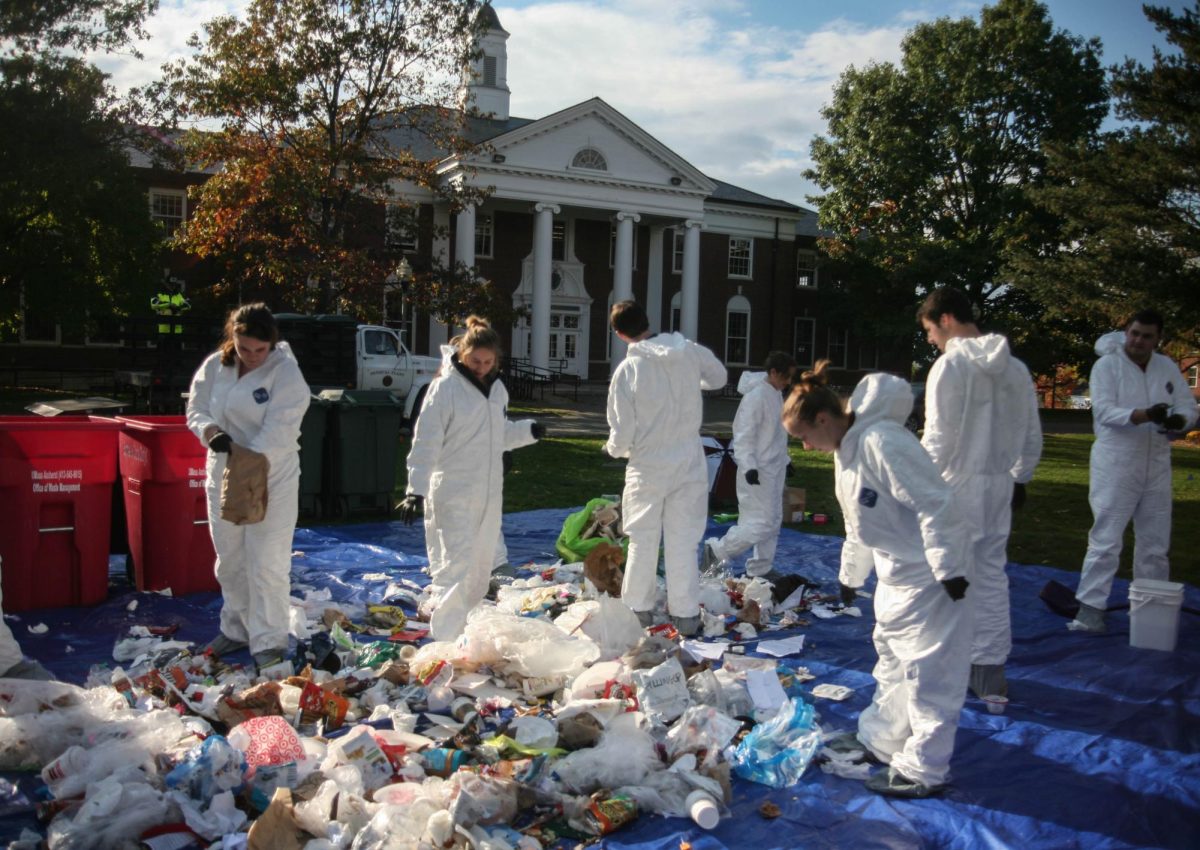Speech is perhaps the single most important byproduct of liberty. People often say that actions speak louder than words but forget the fact that words themselves are indeed actions. In a 1775 letter to Representative Archibald Stuart, Thomas Jefferson wrote, “I would rather be exposed to the inconveniences attending too much liberty than those attending too small a degree of it.” While those words were written over two hundred years ago, their meaning still seems to echo similar sentiment in today’s world.
The attack on the French satirical newspaper Charlie Hebdo, comes at a very contentious time. Whether it is the continued grief over the beheadings of journalists James Foley and Steven Sotloff over the summer or the systematic beheadings of 75 Syrian soldiers in mid July, the spread of global jihad has left many perplexed as to how to effectively resolve such tragedy and devastation. But while watching news feeds reporting on the world’s most recent terror attack, another issue – one I wouldn’t have considered to be part of the national conversation – began to surface.
The focus seemed to change from the Kouachi brothers killing 12 people, two of which were police officers, and injuring 11, to a discussion about censorship and appropriate speech. Charlie Hebdo, a newspaper known for pushing the envelope of political satire and particularly for publishing cartoons depicting the prophet Muhammad, lost 10 journalists.
Charlie Hebdo editor Stephane Charbonnier, known as Charb, was killed in the attack and had a strong-held belief system regarding free speech rights. When the magazine received death threats for depicting the prophet Muhammad in 2012, he told the French newspaper Le Monde, “I’d rather die standing than live on my knees.”
The sanctity of speech is important to those that dedicate their lives to it. Many have argued that we as a society should understand speech within its proper context. Therefore, we must understand Charlie Hebdo through the lens of a satire. Satire, like so many other forms of humor, is used to shed light on events and issues that are important to people. Part of satire is to shed light on the stupidity of seriousness when it comes to certain issues and the taboo qualities they may possess.
The Colbert Report, for example, can be thought of as a nine-year satire on conservative political ideology. And while some vehemently disagree with the premise of the show and might even take offense to Colbert’s style of delivery, no one is trying to kill Stephen Colbert, or any of his writers.
All democracies should have this country’s first amendment. But again, others in our society have diverted away from the real issue of terrorism, and instead moved towards the issue of permissible speech, a debate that seems unnecessary. And of course, the issue of what is and isn’t permissible should not be decided by terrorists.
To concede to the real haters, the Islamic fundamentalists who practice and profess the views of radical Islam, and to then appease their viewpoint through censorship is not how a democracy should be run. Rather, we should protect all speech regardless of whom it may offend. Since the attack occurred, people have used the words ‘blasphemous’, ‘provocative’ and ‘offensive’ to describe the kinds of cartoons Charlie Hebdo published. But what we have to remember is that blasphemy is in the eye of the beholder and can be considered a byproduct of satire.
The events that unfolded should not initiate a dialogue about whether it is okay to depict the prophet Muhammad, but how we can live in a free society where people are not killed for expressing their opinions and ideas. The truth of the matter is this: there is nothing specific in the Quran saying that you can’t depict the prophet Muhammad. Disagreements, however upsetting or unnerving they may be, should stop at disagreements.
Censorship is something that will ultimately never be achieved in part because of the varieties of interpretation that arise from any given issue. The countless French citizens holding up signs saying “I am Charlie” are not so much supporting news venues which print cartoons depicting the prophet Muhammad as they are fighting for the right to protect speech of all kinds. The words of Patrick Henry in his speech that became known as “Give me Liberty or Give me Death” still seem to resonate today:
“If we wish to be free if we mean to preserve inviolate those inestimable privileges for which we have been so long contending if we mean not basely to abandon the noble struggle in which we have been so long engaged, and which we have pledged ourselves never to abandon until the glorious object of our contest shall be obtained, we must fight!”
To be offended is one thing. To take away someone’s right to be offensive is another.
Isaac Simon is a Collegian columnist and can be reached at [email protected].



















Arafat • Jan 20, 2015 at 9:36 am
Great article!
We cannot let Muslims muzzle us which is exactly what they do in their own countries against anyone who has the courage to speak out.
Andy • Jan 20, 2015 at 3:36 am
I doubt many Americans would take issue with the point of this non-article. You have the floor, why not challenge your readers with ideas on how to create a society or world where there really is free speech? Why not bring to light examples of laws and instances where freespeech is curbed? Or how about do an expose on how the wealthiest 1% now own 48% of the world’s wealth and hiw this impacts our ability to effectively share information? This ‘artcle’ takes the easy route and tells us what we already know – free speech good, terrorism bad! Yawn…